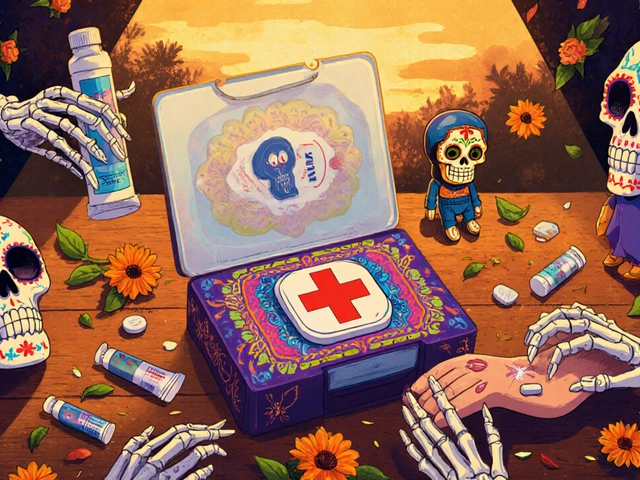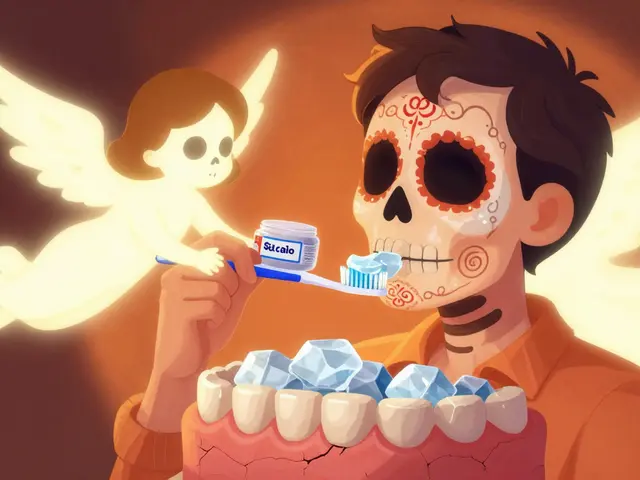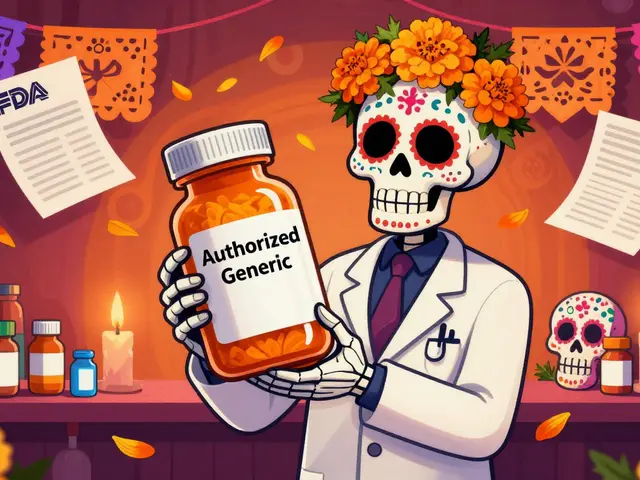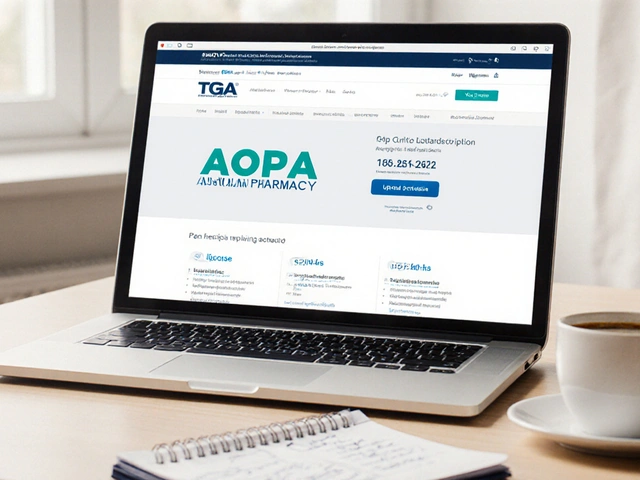Self-care: Practical steps to feel better every day
Self-care isn't fancy. It's small, useful habits you can do now to sleep better, ease aches, manage stress, and stay safer with medicines. This page collects straightforward tips you can apply at home and pointers for when you should see a professional.
Start with one habit. Pick a bedtime, drink a glass of water after waking, or take five minutes of deep breathing. Those tiny actions add up fast and make other changes easier.
Quick self-care checklist
Use this short checklist to cover the basics each day:
- Sleep: aim for consistent bed and wake times, even on weekends.
- Move: 20–30 minutes of walking, stretching, or light strength work most days.
- Eat steady: prioritize whole foods, add a vegetable to two meals, and avoid skipping breakfast regularly.
- Hydrate: keep a water bottle visible and sip throughout the day.
- Stress breaks: schedule two short breaks for deep breaths, a walk, or a song you like.
- Social check-ins: a quick call, text, or coffee with someone who lifts you up.
These basics help with mood, energy, and thinking. They also reduce reliance on quick fixes like extra caffeine or sleeping pills.
If you’re dealing with chronic issues—like asthma, tremors, or PMDD—pair these habits with the treatment plan your clinician recommends. Small lifestyle wins make medical treatments work better.
When to get medical help and how to handle meds safely
Not every problem is self-care friendly. See a clinician if you have shortness of breath, chest pain, sudden weakness, high fever, confused thinking, or thoughts of hurting yourself. For ongoing symptoms that get worse or don’t improve after a reasonable try with home measures, book an appointment.
When you use medicines, follow a few simple rules: take the dose your doctor prescribed, read the label for interactions, and keep a list of what you take. If you buy meds online, choose verified pharmacies, check for a clear contact address, and avoid sites that let you skip a prescription for prescription-only drugs.
For cheaper options, compare coupon apps or ask your pharmacist about generic alternatives. If you’re unsure whether an over-the-counter remedy will interact with your meds, call a pharmacist first.
Self-care is powerful because it’s practical. Focus on one habit at a time, keep basic safety rules in mind, and don't hesitate to ask a healthcare professional when things feel out of reach. Small steps today can stop big problems tomorrow.
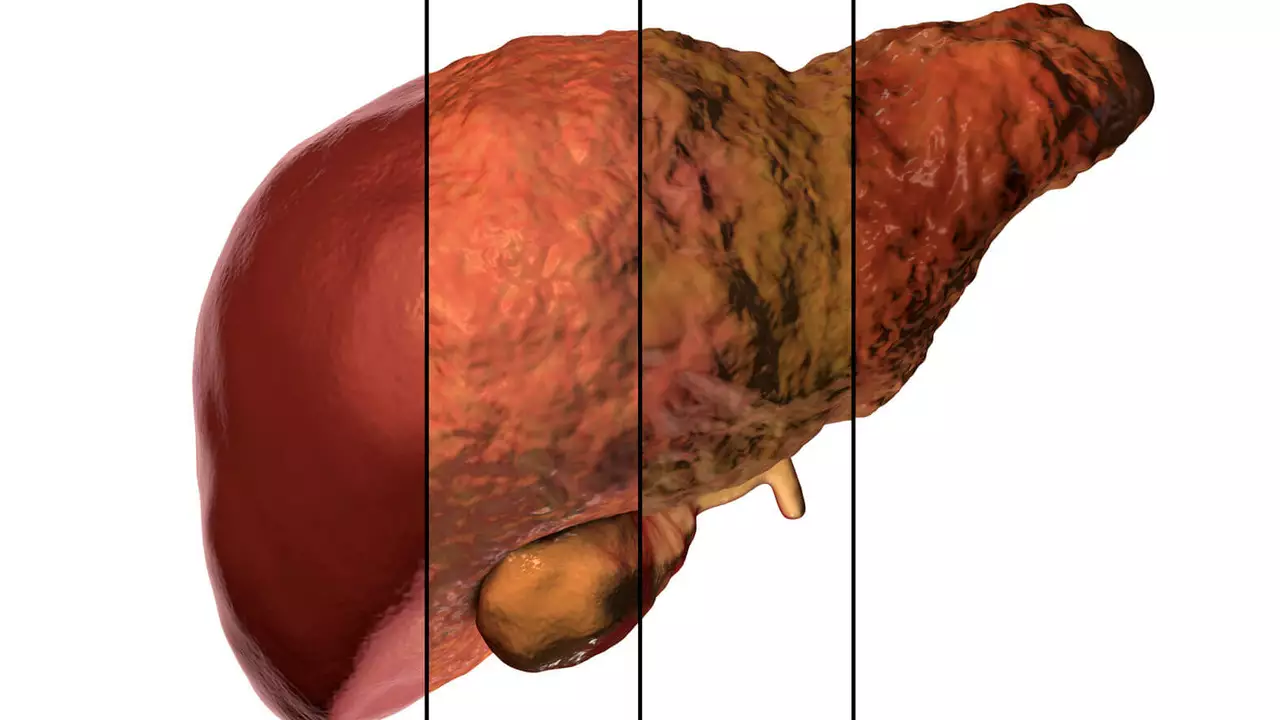
Living with Chronic Hepatitis C can be quite challenging, but it's crucial to remember that self-care plays a significant role in managing the condition. Regular exercise, maintaining a balanced diet, and staying hydrated are key to keeping ourselves healthy. It's equally important to get regular check-ups and take our medication as prescribed. Mental health care is also vital, so seeking support from therapists or joining support groups can be very beneficial. Remember, taking care of our bodies is an act of self-love, and it's the first step in managing Chronic Hepatitis C.
Chris Gore Jul 1, 2023
